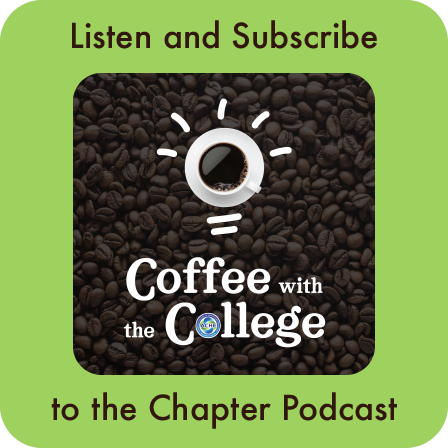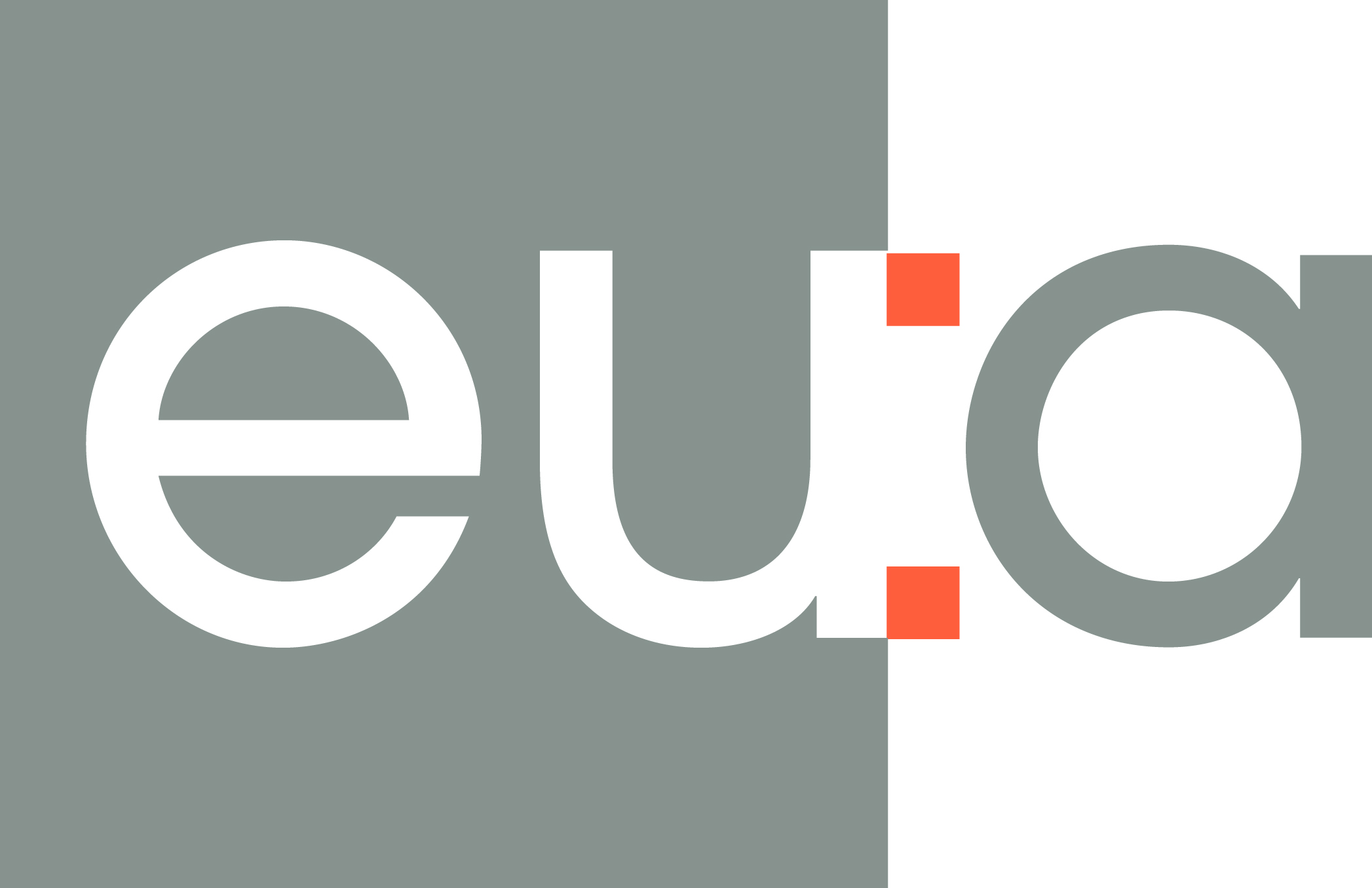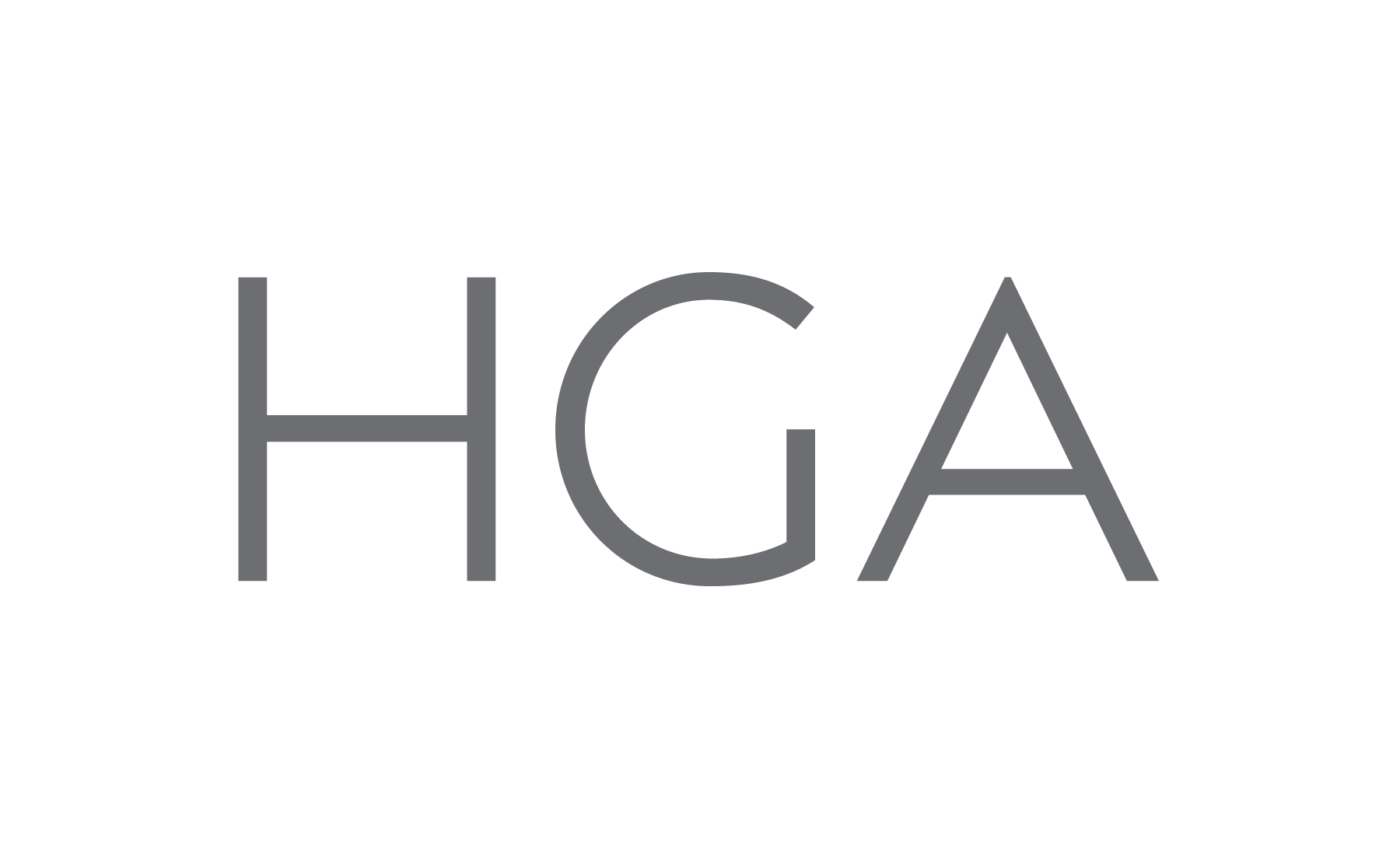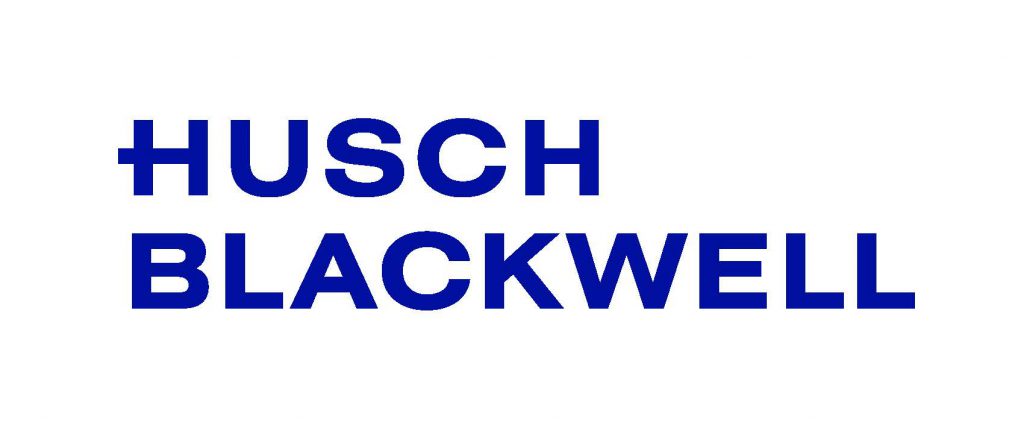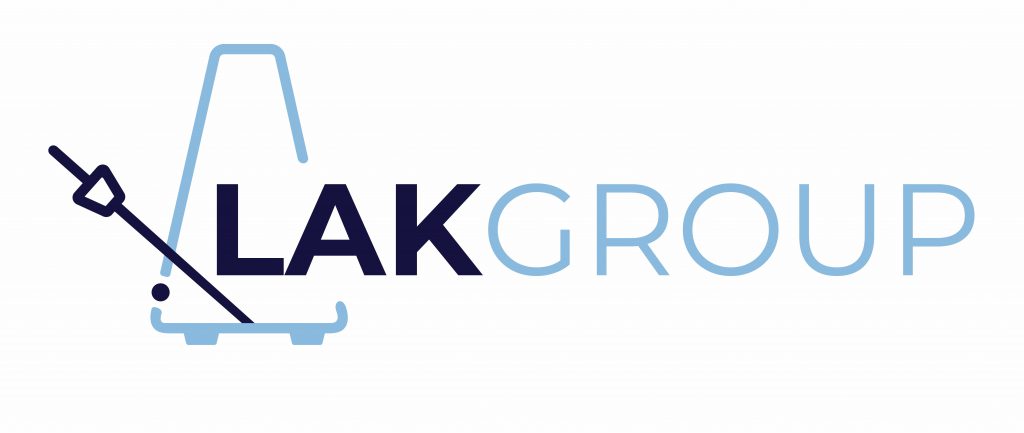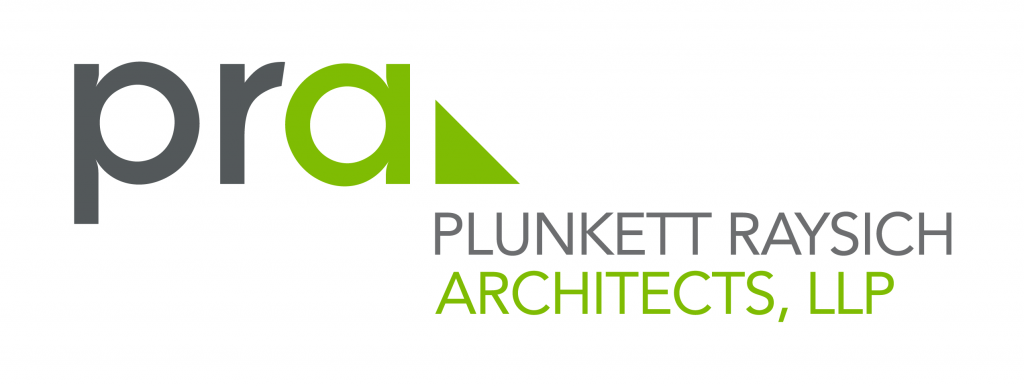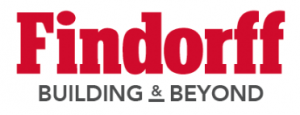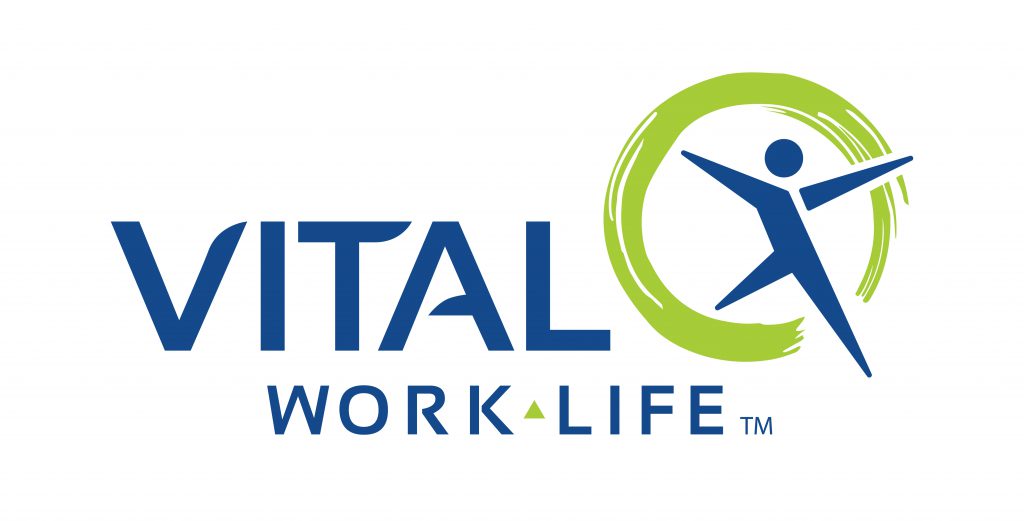We are pleased to offer members three free online communities for physician executives, Asian healthcare leaders and LGBTQ healthcare leaders. The communities’ platform makes it easier than ever for peers to connect in real time, tackle issues together and ask important career-related questions. Members can participate in discussion threads, share resources and best practices, and crowdsource innovative ideas and solutions.
To join, follow these steps:
- Log in to my.ache.org.
- Under “Helpful Links” on the right-hand side, click the last option, “My Communities.”
- Click the “Add” button to choose the online communities you wish to join. An MD or DO degree is required to join the Physician Executive Community.
- Watch your inbox for your welcome email and instructions to access your new community! The email will arrive within 24 hours.
We hope you will join these communities.

